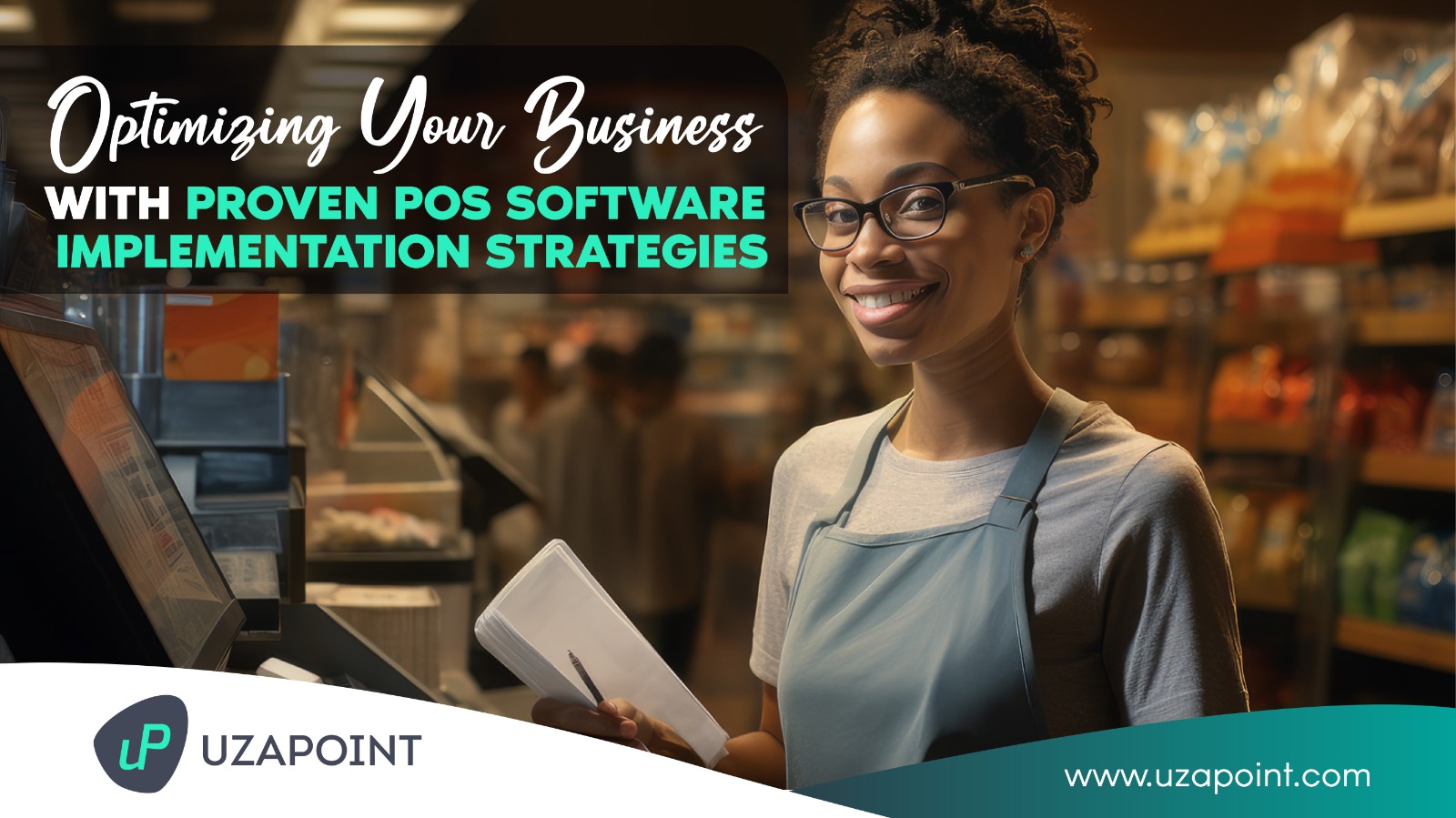Optimizing Your Business with Proven POS Software Implementation Strategies

In the ever-evolving landscape of business, adopting efficient tools becomes paramount to stay competitive and meet customer demands. Point-of-Sale (POS) software has emerged as a transformative solution for businesses of all sizes, revolutionizing their operations and enhancing customer experiences. As businesses in Kenya seek the best POS software, it's essential to implement it effectively to reap its full benefits. Implementing or sourcing a point-of-sale (POS) software for your business is a significant decision that can impact your operations and customer experience. To ensure a successful implementation, here are some best practices to consider:
- Clearly Define Your Requirements: Before you start evaluating POS software options, identify your specific business needs. Determine which features are essential for your operations, such as inventory management, sales tracking, reporting, integrations with other systems, and customer relationship management. Clear requirements will help you select a software solution that aligns with your business goals.
- Scalability and Flexibility: As your business evolves, your POS system should be able to grow with you. Opt for a software that offers scalability and flexibility, enabling seamless expansion to accommodate additional locations and changing business needs. Look for customization options and integration capabilities that allow you to adapt to future changes. Always Consider your future expansion plans and ensure that the software can accommodate additional locations, increased transaction volumes, and evolving business needs. A scalable solution will save you from the hassle of changing software as your business grows.
- User-Friendly Interface: Go for a POS software with an intuitive and user-friendly interface. Your staff needs to quickly adapt to the system, reducing training time and minimizing errors during transactions. A user-friendly interface also enhances the customer checkout experience, leading to higher customer satisfaction.
- Training and Support: Ensure that the software vendor provides comprehensive training for your staff. Proper training is crucial for the effective use of the software and to maximize its benefits. Additionally, choose a vendor that offers reliable customer support to address any issues that may arise during operations.
- Security and Compliance: Security is paramount in handling customer data and payment information. Choose a POS software that complies with industry security standards. The software should also align with data protection regulations applicable to your region.
- Integration Capabilities: Consider how well the POS software can integrate with other systems you use, such as e-commerce platforms, accounting software, and payment gateways. Seamless integration streamlines your operations, reduces manual data entry, and ensures accurate reporting.
- Hardware Compatibility: Verify that the POS software is compatible with the hardware you currently have or plan to use, such as barcode scanners, receipt printers, and cash registers. Hardware compatibility prevents technical glitches and ensures a smooth setup.
- Data Backup and Recovery: Choose a POS software that offers regular automated data backups and a robust data recovery plan. Data loss can disrupt your business operations, so having a reliable backup and recovery system is essential.
- Value for Money Considerations: While cost is a factor, prioritize value over price. Consider the long-term benefits, including increased efficiency, improved customer service, and potential revenue growth. Compare different pricing models, such as subscription-based or one-time licensing fees, to find the best fit for your budget.
- Vendor Reputation and Reviews: Research the reputation of the POS software vendor. Read customer reviews and testimonials to gain insights into the experiences of other businesses that have implemented the software. A reputable vendor with positive feedback indicates reliability and quality.
By following these best practices, you can make an informed decision when implementing or sourcing a
POS software for your business. Careful consideration of your business needs, scalability, user-
friendliness, security, and integration capabilities will help you select a solution that drives operational
efficiency and enhances customer satisfaction.
